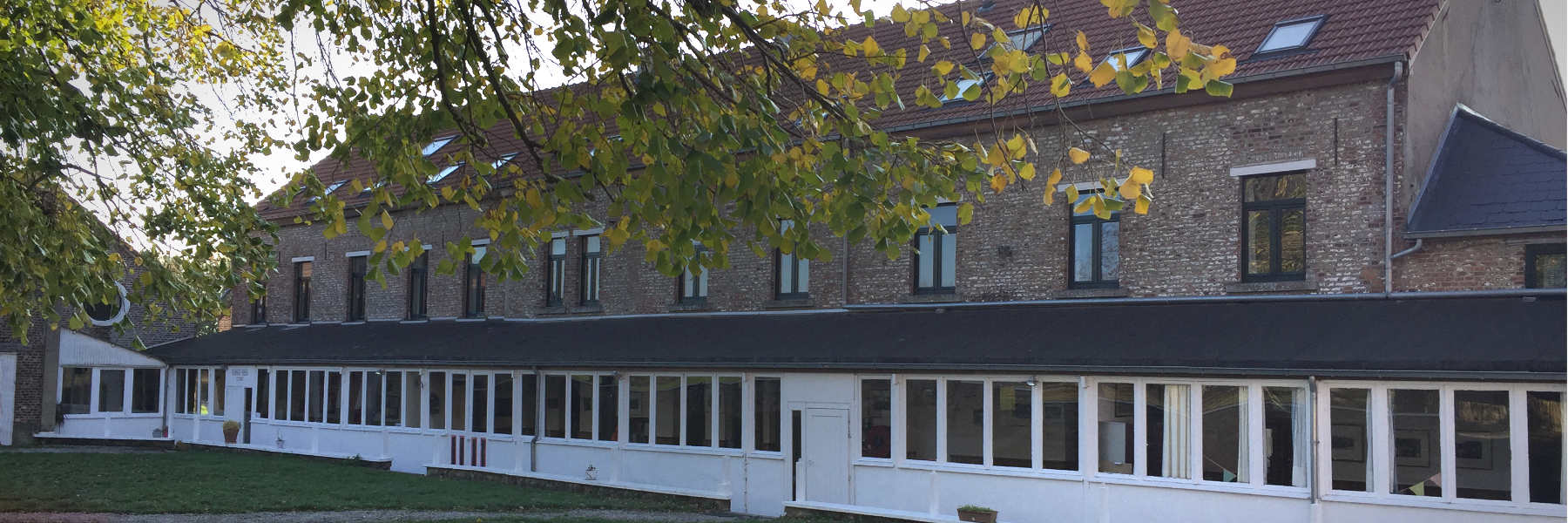Admission
The school is open to all.
Fees
Yearly administrative costs: 75 € / children
Fees: 450 € / month (10 times per year)
Discounts for large families:
- 2 children: 792 € / month
- 3 children: 1053 € / month
- 4 children: 1188 € / month
This sum covers the teaching programme (28h/week) and intra-mural group extra-curricular activities, as well as part of the cost of school equipment.
Payment of a guarantee (fees of 2 months) constitutes confirmation of registration.
Schola Nova, asbl
IBAN : BE54 0682 2078 8797
BIC : GKCCBEBB
- Les parents s'engagent à encourager les études classiques devant leurs enfants. La collaboration entre l'école et les parents est une priorité, assurant la bonne marche des études à Schola Nova.
- Le règlement et le comportement en vigueur à l'école répondent essentiellement au bon sens : tenue correcte, politesse, respecter « l'esprit Schola Nova », pas d'alcool ni de cigarette, respect du matériel... Toutes ces règles vont de soi. Les enfants qui ont l'autorisation de quitter l'école par leurs propres moyens s'engagent à porter un gilet fluorescent en quittant l'école, pour des raisons évidentes de sécurité.
- Les élèves s'engagent à avoir un comportement impeccable dans l'enceinte de l'école. Les récréations et les périodes hors-cours ne sont pas surveillées. La raison première se situe dans le budget limité de l'école, mais Schola Nova estime également que les élèves acquièrent ainsi mieux le sens des responsabilités et de l'autonomie. Nous rappelons d'ailleurs que Schola Nova n'est pas une école subsidiée et que son action principale est pédagogique et intellectuelle.
- Les parents qui décident de retirer leur enfant de l'école s'engagent à prendre contact avec la direction et le titulaire pour les informer de cette décision. Ils s'engagent également à donner, même brièvement, les raisons de ce départ.
- Les parents s'engagent à informer l'école d'éventuelles difficultés rencontrées par l'enfant ou de tout autre élément pouvant avoir une influence sur son parcours scolaire.
Study grants
The Humanitas Europae foundation offers each year a limited number of study grants to Belgian or foreign pupils aged 12 to 18 who study Latin and Ancient Greek.
The Humanitas Europae foundation also offers grants to pupils who wish to continue their classical studies in another country after completion of their secondary education at Schola Nova.
Timetable
Classes begin every morning at 9 o’clock.
On Wednesdays and Fridays, school ends at 12:45; on other days at 4:25.
On Friday afternoons, pupils who so wish may participate in a drama or artistic workshop from 1:30 to 3:30.
| Course | Grex I | Grex II | Grex III | Grex IV | Grex V |
|---|---|---|---|---|---|
| Latin grammar | 4 | 5 | 5 | 4 | 4 |
| Living Latin [1] | 5 | 2 | 1 | 1 | 1 |
| Greek | - | 5 | 4 | 4 | 4 |
| Maths [2] | 4 | 4 | 4 | 4 | 4 |
| French | 4 | 4 | 4 | 4 | 4 |
| Parsing | 1 | - | - | - | - |
| History [3] | 3 | 3 | 2 | 2 | 2 |
| Biology & Chemistry | 1 | 1 | 2 | 2 | 2 |
| Physics | - | - | 1 | 1 | 1 |
| Dutch [4] | 3 | 3 | 3 | 3 | 3 |
| English | - | 1 | 2 | 2 | 2 |
| Reading [5] | 1 | - | - | - | - |
| Geography in Dutch | 1 | - | - | 1 | 1 |
| Philosophy | - | - | - | 1 | 1 |
| Rhetoric | - | - | - | - | 1 |
| Tutoring | 1 | - | - | - | - |
1. The Latin course is divided in two parts:
– A spoken Latin course based on the Orberg and Assimil methods (CD made by the pupils). The learning of both spoken and living Latin facilitates the understanding of the language and makes the literature more accessible.
– The Latin grammar course is along traditional lines.
2. The mathematics course follows the 'mathematics 6 hours a week' course, which covers the learning of traditional and modern maths.
3. The history courses follow the timeline: Egypt, Greece and Mesopotamia in the first year; Rome in the second year; Middle Ages (in Latin) in the third year; Modern Era in the fourth year; Contemporary Era in the fifth year.
4. The students are grouped by level instead of classes. The most advanced have a course in Dutch (aardrijkskunde-Geography ; kunstgeschiedenis-Art history)
5. A course in the reading of great works, aimed at the development of memory, imagination and general knowledge: Homer’s Odyssey and The Knights of the Round Table in the first year.

